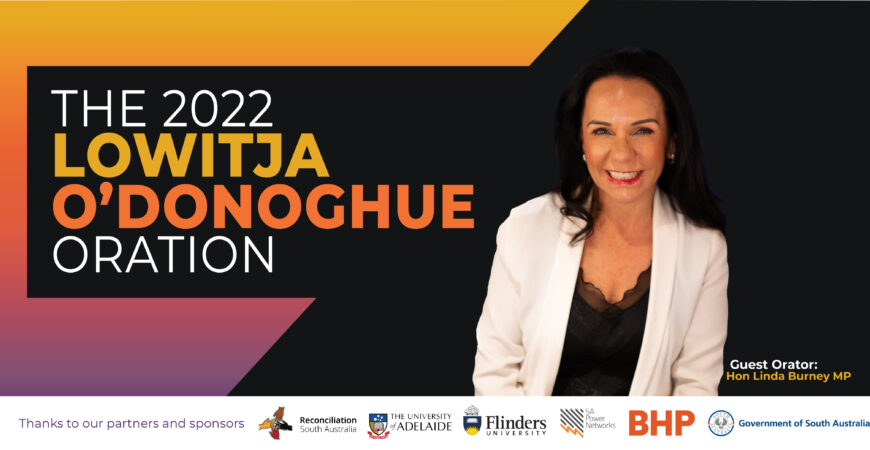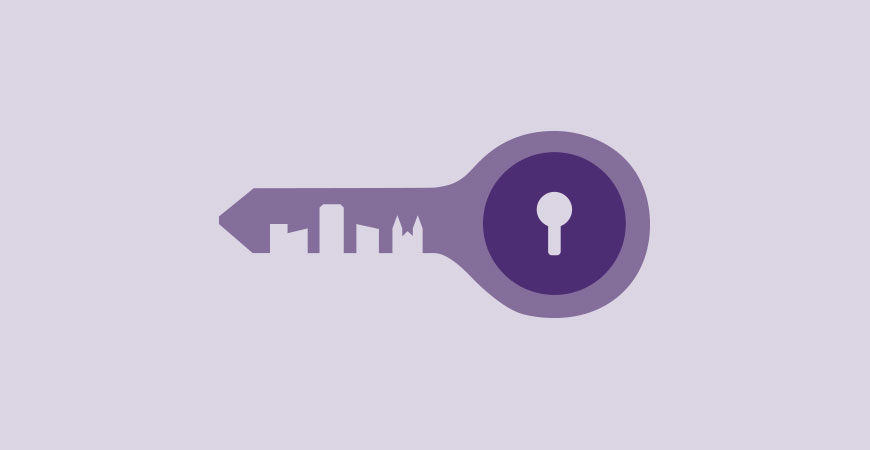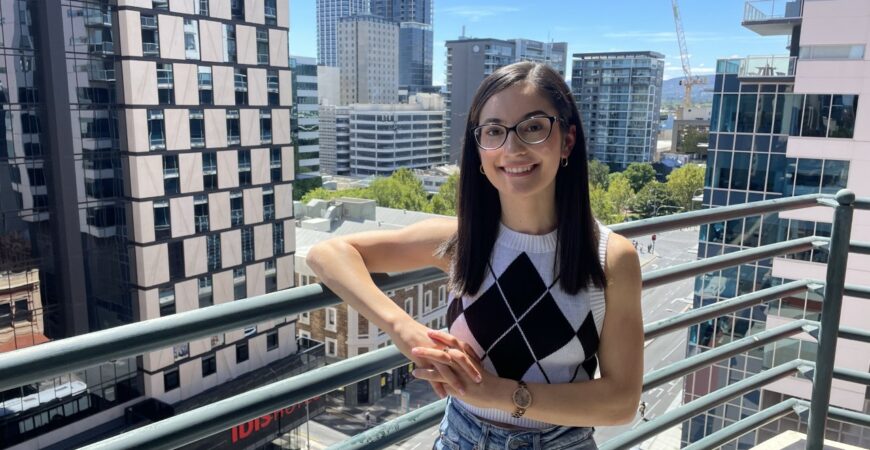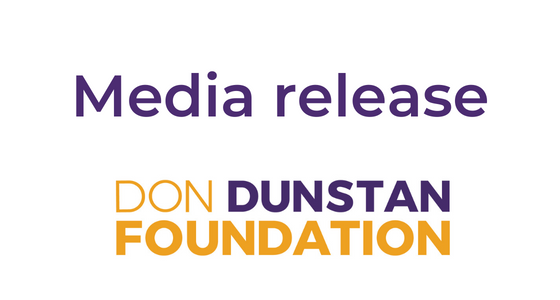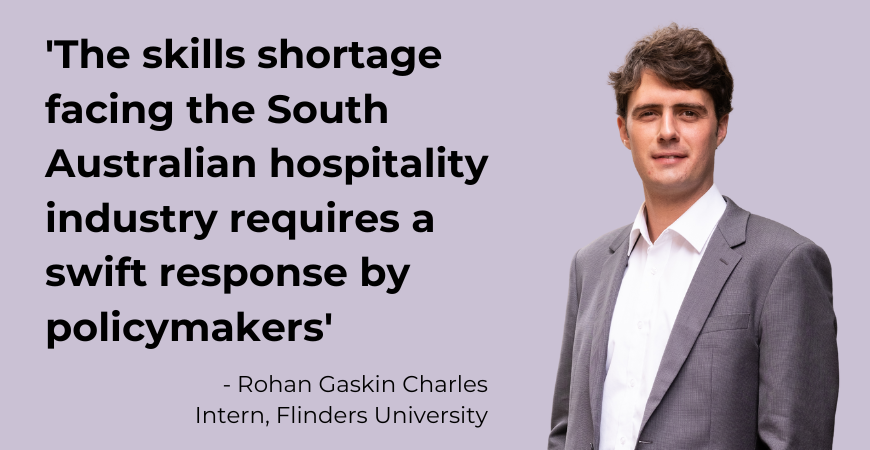Adelaide aiming to be first Australian city to end street homelessness by 2020 with record number of volunteers set to hit the streets
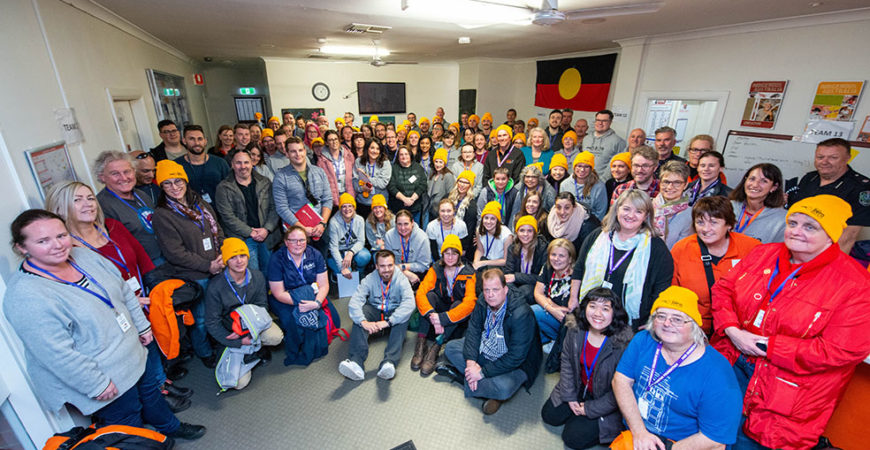
Every homeless person has a name and a record 280 volunteers next week will spend a few nights walking the streets of Adelaide’s CBD, getting to know the people sleeping rough face-to-face.
Dubbed ‘Connections Week’ from Monday 20 May until Thursday 23 May, the overall goal is to support more rough sleepers into secure housing to achieve Functional Zero[1] street homelessness in the city by the end of 2020.
The initiative is part of the Adelaide Zero Project, which involves over 40 partnering organisations including inner city homelessness services, Principal Partner Bendigo Bank, state government, City of Adelaide, University of Adelaide and Flinders University.
“Since Adelaide’s first Connections Week during May last year, 133 people have been supported into secure housing – this is a remarkable achievement,” Don Dunstan Foundation Executive Director David Pearson says.
“These are people who were identified as sleeping rough and were put on Adelaide’s first-ever By-Name List, to assist inner city homelessness services to know their names and coordinate housing and support – based on their individual needs,” Mr Pearson says.
“In an Australian-first, a public online Dashboard is also actively tracking the number of people sleeping rough in Adelaide’s CBD and shows how many have moved into secure housing – https://www.dunstan.org.au/adelaide-zero-project/dashboard/
“While the city has the most comprehensive data on street homelessness in the country, we still have a huge task ahead of us, as we know new people are regularly ending up on the streets.
“Tonight, 167 people will be sleeping rough on the streets and parklands of our city. Connections Week will establish whether this figure has gone up or down.”
This year, new data will be collected from people sleeping rough to include:
- Length of time living on the streets
- How many people have experienced repeat homelessness
- Identifying mental health conditions such as depression, anxiety and psychosocial disorders
- Diagnosis of chronic diseases such as cancer, heart, liver and kidney disease
Adelaide Lord Mayor Sandy Verschoor says people sleeping rough are some of the most vulnerable people in our community.
“Connections Week is an opportunity to understand the needs of individual rough sleepers to ensure that service responses can best address their needs, including those for appropriate housing,” Ms Verschoor says.
Bendigo Bank’s State Manager SA/NT Paul Mertin says Bendigo Bank is very pleased to be able to continue its support for Adelaide Zero Project as Principal Partner.
“Bendigo Bank staff will again be volunteering during Connections Week to help enter and analyse the information collected from the people sleeping rough, so that an accurate assessment of the homelessness situation in Adelaide can be presented at a public Community Briefing on Thursday 23 May.”
The Don Dunstan Foundation initiated the Adelaide Zero Project with a diverse range of organisations in late 2017 to achieve a common goal – ending street homelessness in the City of Adelaide.
“There are no simple solutions to homelessness – it’s incredibly complex,” Mr Pearson says.
“We do know that the biggest cause of homelessness is ignoring it, that’s why the Adelaide Zero Project is so important as it requires our community’s collective effort to tackle this problem.”
For more information or interviews contact: The Message Bureau (08) 8223 7703 or 0419 754 564
[1] Functional Zero street homelessness is achieved when the number of people who are sleeping rough at any time is no greater than the average housing capacity.

